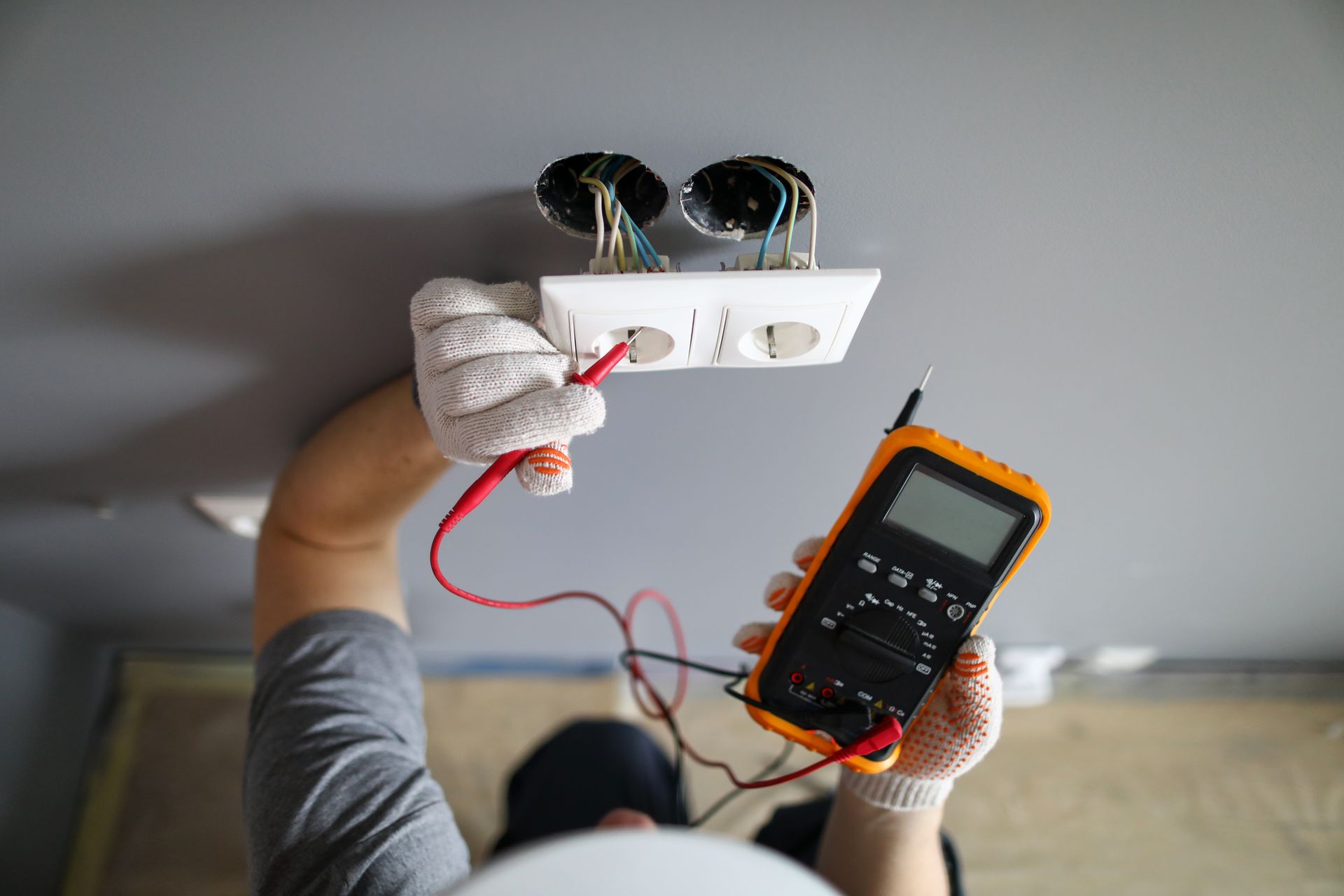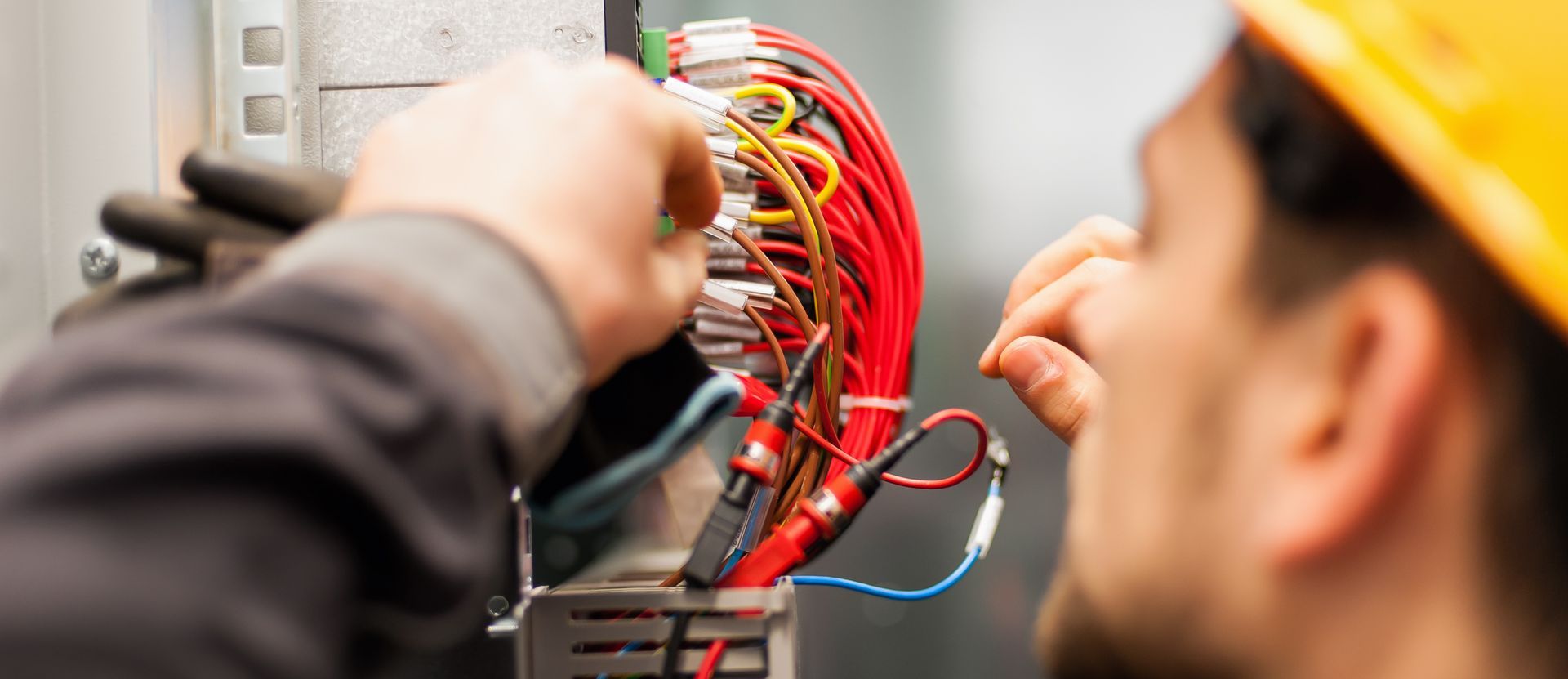Smart Home Integration for Electrical Systems is revolutionizing residential electric services, ushering in a new era of convenience, energy efficiency, and enhanced control for homeowners. As technology advances, the integration of smart home technologies has become an integral part of modern electrical systems.
One significant aspect of this evolution is the installation and integration of smart switches. These devices not only allow homeowners to control lighting remotely but also enable them to set schedules, adjust brightness levels, and even create customized lighting scenes, all from the convenience of their smartphones or voice-activated virtual assistants. This level of automation not only enhances the living experience but also contributes to energy savings by optimizing lighting usage.
The integration extends beyond lighting controls. Residential electric services now include the installation of a wide range of connected devices such as smart thermostats, door locks, and security cameras. These devices can be seamlessly integrated into a centralized smart home system, providing homeowners with a comprehensive and cohesive control hub.
The seamless connectivity of these devices enables homeowners to create a truly interconnected and intelligent living space. For instance, smart thermostats can work in tandem with lighting controls to optimize energy consumption based on occupancy patterns. Integrating security cameras with smart switches allows users to create simulated presence by automating lighting while away, enhancing home security.
The evolution of residential electric services towards Smart Home Integration represents a transformative shift, offering homeowners unprecedented control, energy efficiency, and a heightened level of automation in their living spaces. As technology continues to advance, the possibilities for creating smart, interconnected homes are limitless.

